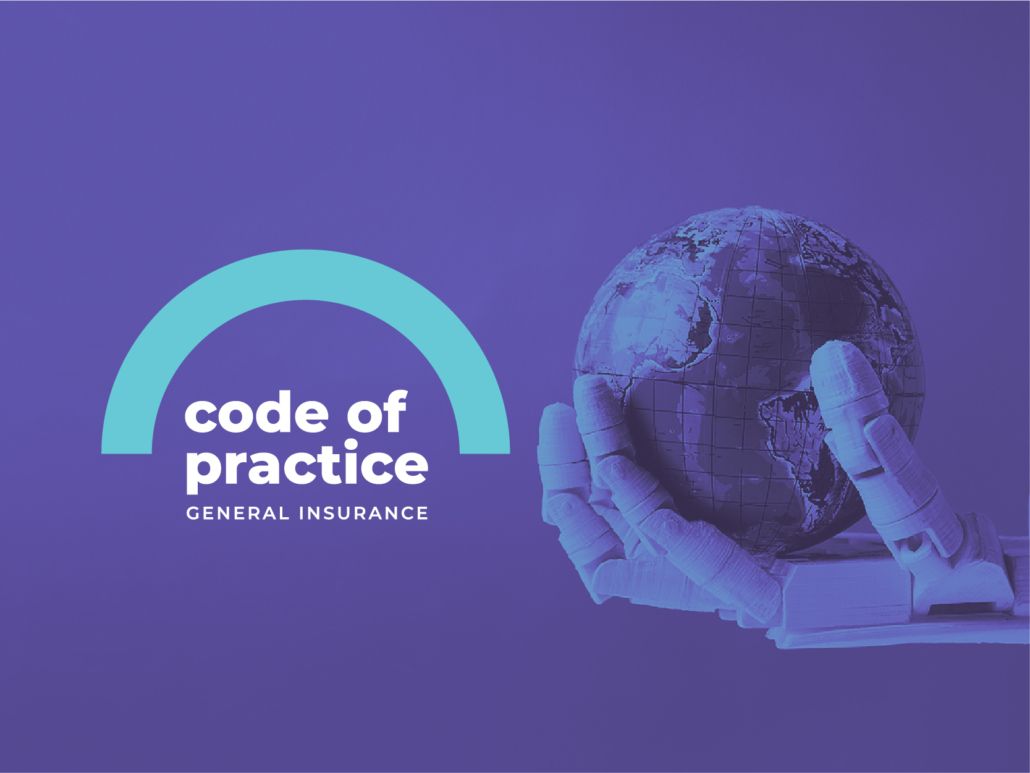Vulnerability support provisions

One of the great things about GI Code of practice (GICOP) is that the code, which is written in plain English, sets out the standards that general insurers must meet when providing services to their customers, such as being open, fair and honest. On 7 May 2020, the Insurance Council of Australia revised the implementation timeframe for the new GICOP to better support customers during COVID-19 and recognising the stretched resources of insurers following their need to respond to COVID-19 and recent natural disasters.
For part 9 i.e. Supporting customers experiencing vulnerability, it requires full compliance by 1 January 2021.
While the adoption of the GICOP is currently voluntary, compliance is monitored by the Code Governance Committee. The Australian Securities and Investments Commission (ASIC) is expected to eventually be given powers to enforce certain provisions of the GICOP.
Supporting customers experiencing vulnerability
What’s new?
The new Part 9 applies to retail insurance products only and introduces provisions to assist customers from experiencing vulnerability. The 2014 GICOP did not contain these provisions although some insurers have had policies in place already to deal with some of these issues. Implementation of these provisions has been fast-tracked because many customers may be vulnerable due to the health and economic impacts of COVID-19.
Customers may require support even when they have not made a claim. For example, vulnerable customers who are purchasing a new policy or amending a current policy to better suit their needs may need additional support from the insurer. Similarly, customers in financial distress may need to approach insurers about ongoing insurance claims and the provisions will apply regardless of whether the claim was caused by COVID-19 or not.
What is vulnerability?
To best support customers, insurers could keep an open mind about what constitutes a vulnerability. The new GICOP does not exhaustively define vulnerability. Instead, it lists 11 express factors which may cause someone to be vulnerable including age, disability, health conditions, family violence, language barriers, cultural background, Aboriginal or Torres Strait Islander status, remote location or financial distress.
What does Part 9 require insurers to do?
To support vulnerable customers, signatories to the GICOP commit to do a number of things including:
- taking ‘extra care’ with customers who experience vulnerability;
- publishing on the insurer’s website a policy about supporting customers experiencing family violence;
- having internal policies and training appropriate to employees’ roles to help them identify and support vulnerable customers;
- providing access to interpreters where practicable;
- updating the insurer’s website with an easy-to-find link to information on interpreting; services, teletypewriter services and other resources for people with the language barrier;
- treat people with any past or current mental health condition fairly; and
- only asking relevant questions when deciding whether to provide cover for a pre-existing mental health condition.
In readiness for implementation, insurers should prepare an internal policy with practical examples addressing Part 9 and provide training appropriate to employees’ roles. For example, insurers could use technology to enable customers who require ‘extra care’ because of a language barrier to nominate a preferred way of communication or recognise the appointment of a support person.
Financial hardship
Financial Hardship in the GICOP has a specific meaning and is often confused with the concept of ‘urgent financial need’. Financial hardship occurs when a person has difficulty meeting financial obligations to the insurer, other than the payment of premium. In comparison, a customer has ‘urgent financial need’ if the customer requires expedited assessment of a claim or an advance payment.
The health and economic impacts of COVID-19 mean that more people may need to contact insurers and request support due to financial hardship.
What’s new?
The Financial Hardship section of the new GICOP contains a number of strengthened provisions which may require insurers to re-think their approach to identifying and assessing such requests.
While the 2014 GICOP contained provisions requiring insurers to provide GICOP training to employees, the new GICOP contains express provisions requiring insurers to have internal policies and training appropriate to employees’ roles to help identify whether a person is experiencing Financial Hardship and decide how they can provide support.
The Financial Hardship section of the new GICOP also requires the insurer to notify the person in writing of its decision within 21 calendar days after receiving the application or any requested supporting documentation. If requesting supporting documentation, the insurer must make the request as early as possible and be specific about the information needed. Standard templates simply requesting more evidence to justify the financial hardship are unlikely to meet this requirement.
A new requirement in the Financial Hardship section relates to collections. This requirement applies to all collections regardless of whether the person might need to invoke Financial Hardship or not. The insurer, Collection Agent or solicitor must ensure that the first communication about the recovery of any money owed contains information to show the amount is fair and reasonable. For example, this could include documentation showing the actual cost of repairs.
How Cognitive View can help
The companies need to have internal policies and training for agents to take account of the particular needs of vulnerability. Whilst many insurers meet the policy requirements, supervising agents or staff whether they meet the policy requirements consistently can become a huge challenge. A person may be vulnerable due to a range of circumstances and sometimes agents fail to be empathetic because of the high-pressure work environment.
Cognitive View analyzes customer communication data including contact centre to automate GI code of compliance, conduct risk monitoring requirements. Leveraging AI it helps agents to identify customer vulnerability real-time and also can help supervisors in recognizing where people and process require further improvement.
This essentially improves consumer fairness, public trust in financial services, and enhances market integrity.
